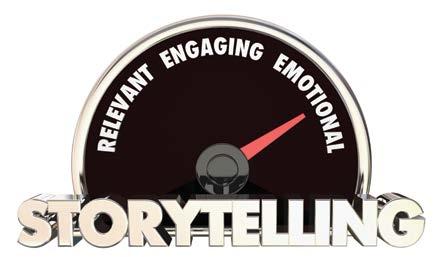In the law, juries and judges make decisions based on facts, legal codes, legislated laws, and regulations. More often than not, judiciary decisions are made on precedent written in common law. “Binding precedent” in English law means that Courts need to abide by precedent and not disturb matters that have been previously settled. Journalism is the professional activity of gathering, assessing, writing, recording, and presenting news and information. While our world is flooded by communication— the majority of which feeds needless email spam, some 200 million tweets a day, the ongoing babble of opinion, talk show, assertion, entertainment, advertisement, and propaganda—journalism has the higher purpose of verifying information for people so they can make better decisions. Journalism is a systematic process, one the American Press Institute (API) defines as “a discipline of verification that journalists use to find not just the facts, but also the truth about the facts.” Hence, a minimum of at least two separate and reliable sources is usually called for in confirming facts in journalism. Journalism is set apart from other communication activities and products. It is identified according to API by unique characteristics and practices, some of which can be summarized in five core ethical principles.
1 Truth and Accuracy While journalists might not always guarantee truth, getting the facts right is the cardinal principle of journalism. 2 Independence Journalists must be independent voices and should not act on behalf of special interests, be they political, corporate, or cultural. 3 Fairness and Impartiality Most stories have at least two sides and while there is no obligation to present every side in every piece, stories need to add context and show balance. Volume 29 Number 4 Winter 2020
NEW CANADIAN BOOK Restoring Democracy in an Age of Populism and Pestilence By Jonathan Manthorpe (Reviewed by Nigel Atkin) Leadership at all levels of business and government requires the best information upon which to base decisions. That is true in aspects of governance, in drafting policy, law, in investment, and issues management. Strategic planning requires verifiable facts, delivered by people who manage the raw data of information, by leaders who rely on the accuracy of counsel from those who speak the truth without blame or judgment. In this year of pandemic, in which the dire circumstances of plague and economic collapse have dramatically impacted individuals, small businesses, institutions, and many industries, the truthfulness of information has itself become often questionably unstable for quality decision-making. The catalyst of COVID-19 accentuated public awareness of both foreign and domestic governments where issues emanating from crises in leadership have taken centre stage. Add to those findings issues of systemic racism, the manifestation of climate change—the evidentiary increases in the numbers of wildfires and storms, their intensities, cause many of us to seek better understanding of the times in which we are living. In August this year, I came across a newly published book by veracious Canadian journalist Jonathan Manthorpe in which his perfectly timed published work embraces the very best principles of journalism that I outlined in the adjacent article. In Manthorpe’s Restoring Democracy in an Age of Populism and Pestilence, he provides government leaders and everyday citizens alike with current and bankable facts regarding how events unfolded creating a disparity of wealth and a predictable global rise in populism. Four years ago and prior to the 2016 U.S. election, I wrote “On Intellectual Fraud” (The Scrivener Vol, 25, No 1, Fall 2016) about the consequences of misinformation and propaganda to our democratic institutions, how mobsters, warlords, and oligarchs prefer chaos over order and corruptly benefit when the peoples’ voice and ultimate power through voting is stifled. In numerous countries, what I then warned about came about. Manthorpe’s Restoring Democracy captures and calms some of the anxiety I feared from the ongoing propagandistic lies and other distractions, the incipient potential of Fascism that results in a climate of intellectual fraud. The book provides a broad depth of logical and brilliantly assembled facts and data leading up to the times we are now experiencing. At the same time Manthorpe provides concrete direction to our countries avoiding becoming even more “flawed” democracies. The veracity of this assemblage of information is air tight to my somewhat superficial and general knowledge of world affairs. This book has taken me further in my admiration of stellar journalism and of our leaders who consume this level of writing, the quality of communication that builds my confidence in our leaders’ judgment and decisions. If you want to reassure yourself that good minds require sound information for better judgment in governance, get yourself a copy. In the darkness of these Winter months, understand that Spring is coming. The Scrivener | www.bcnotaryassociation.ca
TABLE OF CONTENTS
15




























